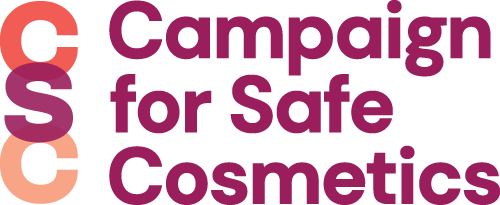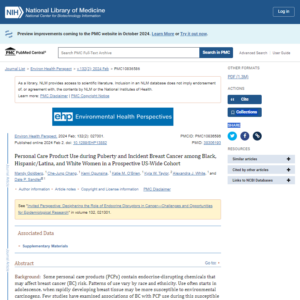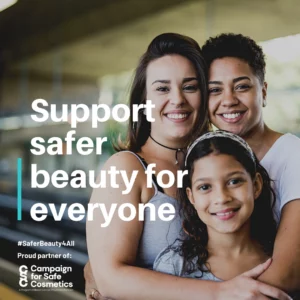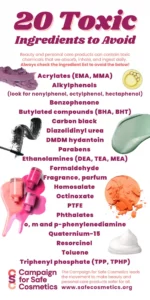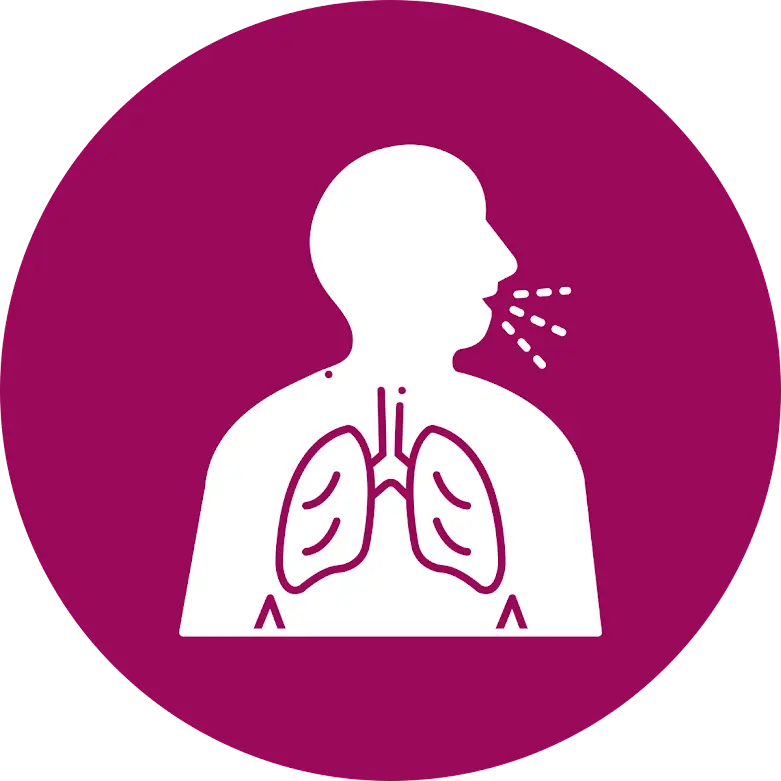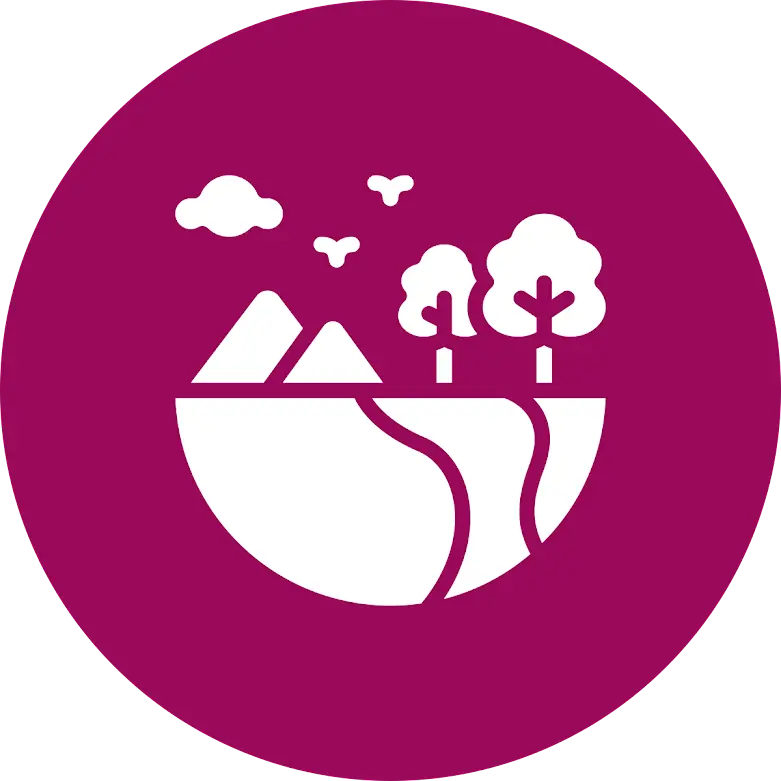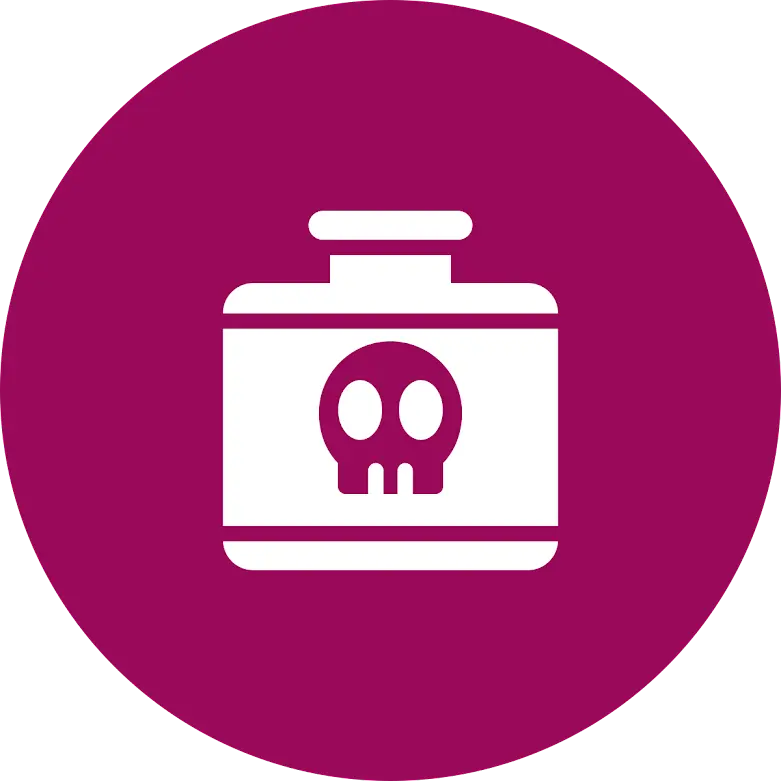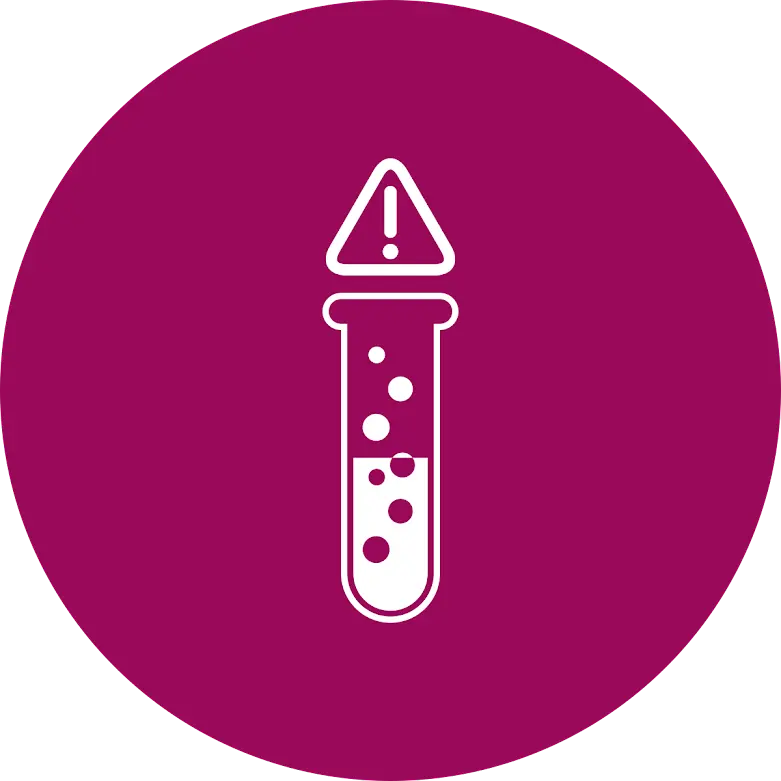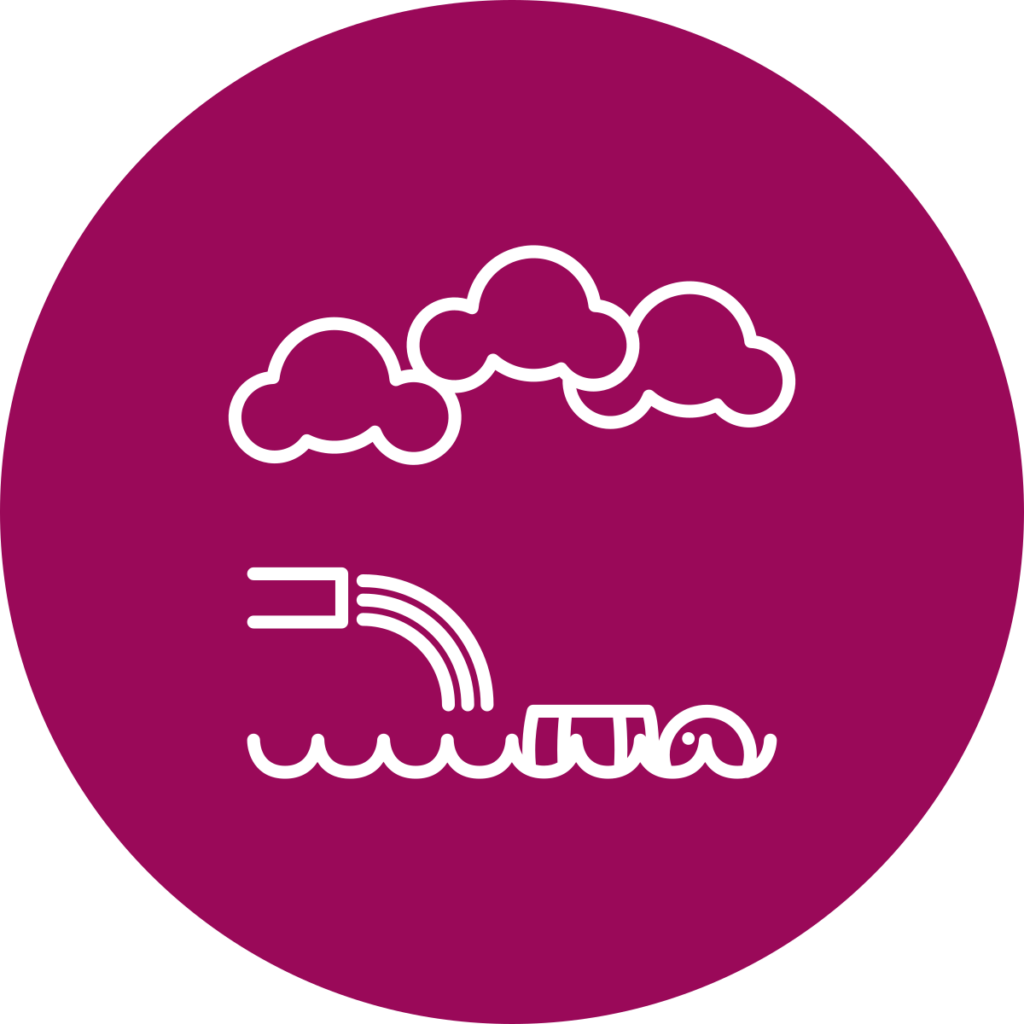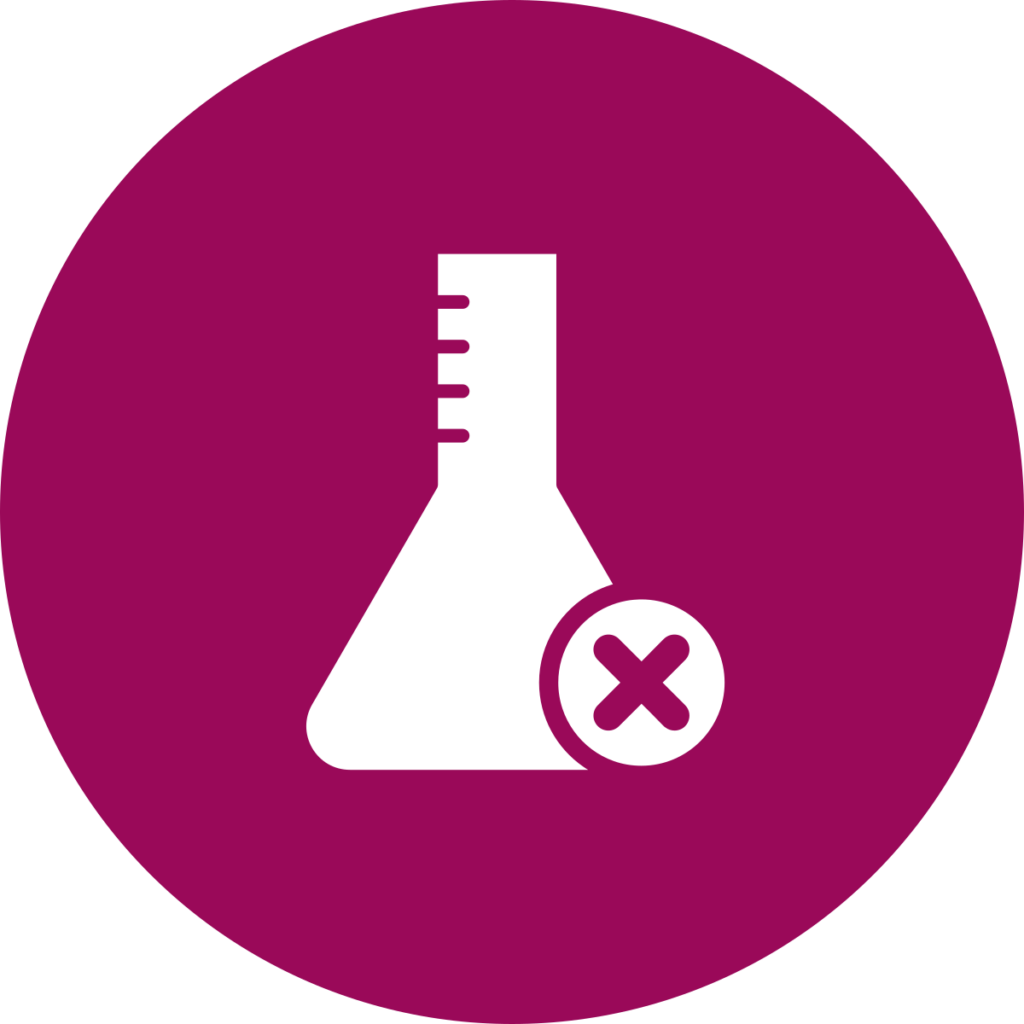(LOS ANGELES) — Most cosmetics and other personal care products sold in the U.S. contain chemicals that have never been assessed for safety, according to a computer-assisted investigation by the Environmental Working Group (EWG).
Today EWG released the results of a study of 7,500 brand-name products on a free website (www.ewg.org) that for the first time lets consumers learn what chemicals are in their soap, shampoo, toothpaste and other products. The website provides product rankings of known and probable health hazards associated with ingredients in each of the 7,500 products assessed, including information on ingredients linked to cancer and reproductive harms.
The overwhelming majority of ingredients in personal care products have not been assessed for safety. But of those that have been studied, some are listed by government agencies as known or probable carcinogens or reproductive toxins. Today EWG is petitioning the Food and Drug Administration to assess the safety of scores of products that may be adulterated, and to declare as misbranded hundreds of products containing ingredients the industry’s own self-policing safety panel has found lack sufficient data to be considered safe.
“This news is cause for concern, but not alarm,” said Jane Houlihan, EWG’s vice president for research. “Studies to understand the potential health impacts from low-dose lifelong exposures to chemical mixtures like those in personal care products have yet to be done. In the meantime, consumers can use our online, interactive product guide to choose personal care products that pose fewer potential risks.”
EWG’s “Skin Deep” investigation is released in conjunction with the launch of Because We’re Worth it! The Campaign for Safe Cosmetics, organized to protect the health of consumers and workers by requiring the health and beauty industry to phase out the use of chemicals that are known or suspected to cause cancer, genetic mutation or reproductive harm.
A survey of more than 2,300 people conducted by EWG and five other public health and environmental organizations found that the average adult who responded uses nine personal care products daily, exposing herself to 126 chemicals every day.
Of the 10,500 chemical ingredients used in personal care products, just 11 percent have been safety assessed — and the assessments were not conducted by government officials, but by a panel funded by manufacturers. The cosmetic industry polices the safety of its own products: the Food and Drug Administration cannot require safety testing of ingredients or products before they are put on store shelves and into our bodies.
Olivia James, a former runway fashion model, questions whether her son’s health problems could be linked to her use of cosmetics. James, who modeled for 16 years, said her son was born with hypospadias, a birth defect that has been linked in laboratory studies to chemicals found in nail polish and moisturizing cream.
“Why do our chemical regulations let the cosmetics industry decide what’s safe for us and our children?” asked James.
###
EWG is a not-for-profit group that uses the power of information to protect human health and the environment by researching pollution in food, water, air and people.
Founding members of the Campaign for Safe Cosmetics include the Breast Cancer Fund, Friends of the Earth, Women’s Voices for the Earth, Environmental Working Group, National Environmental Trust, National Black Environmental Justice Network, Health Care Without Harm and Commonweal.
